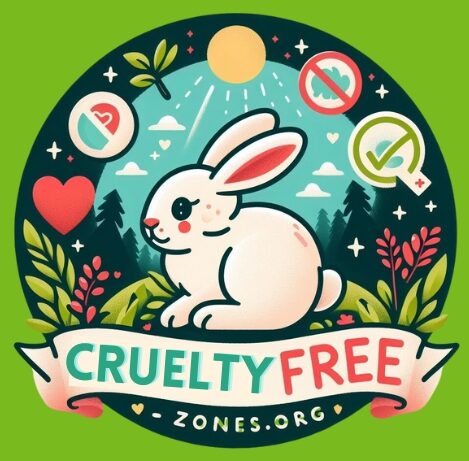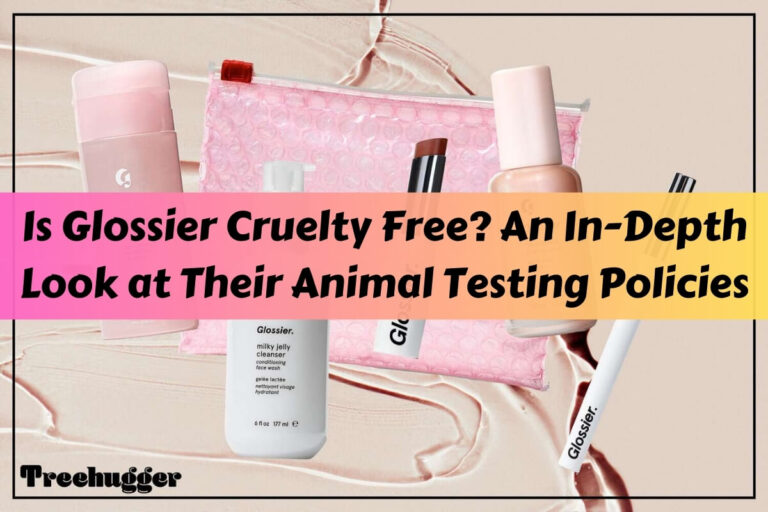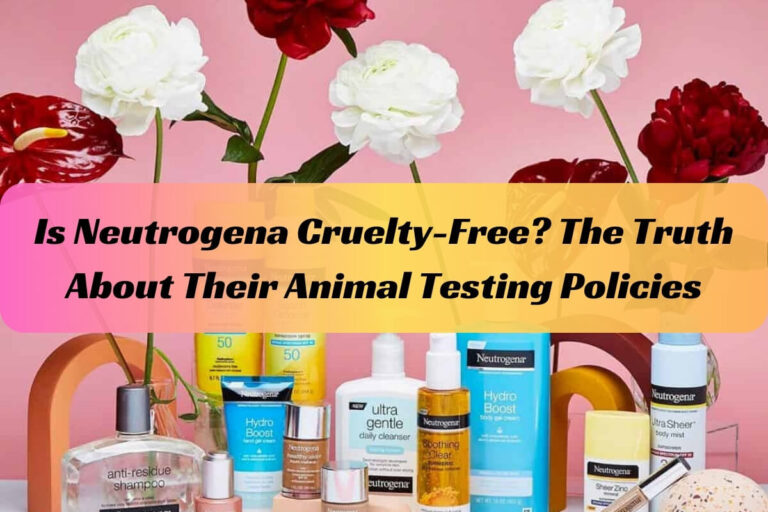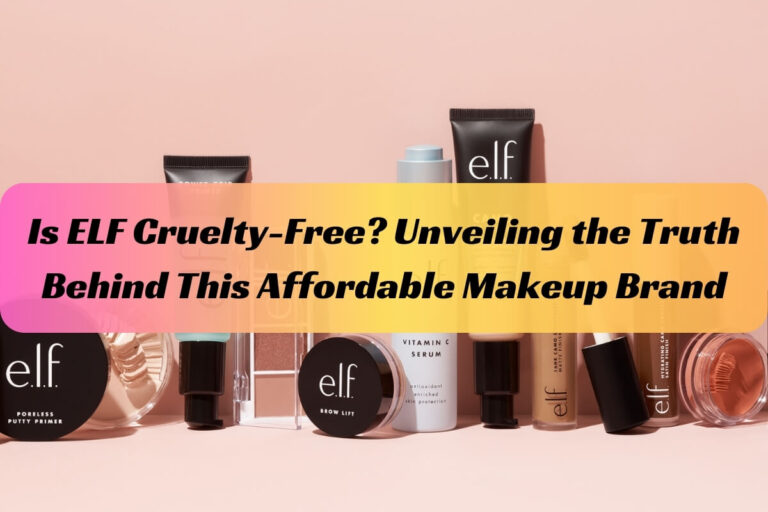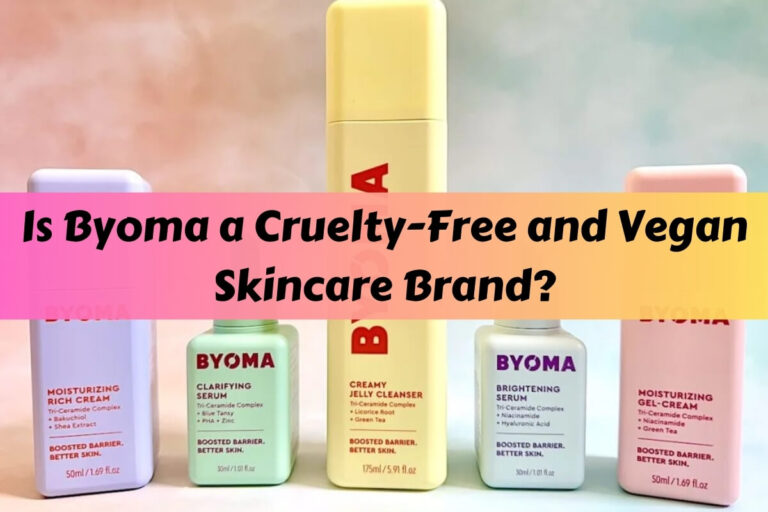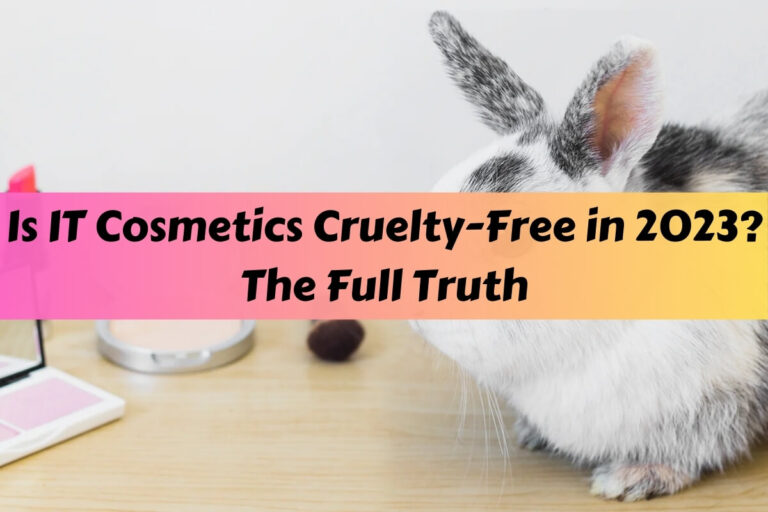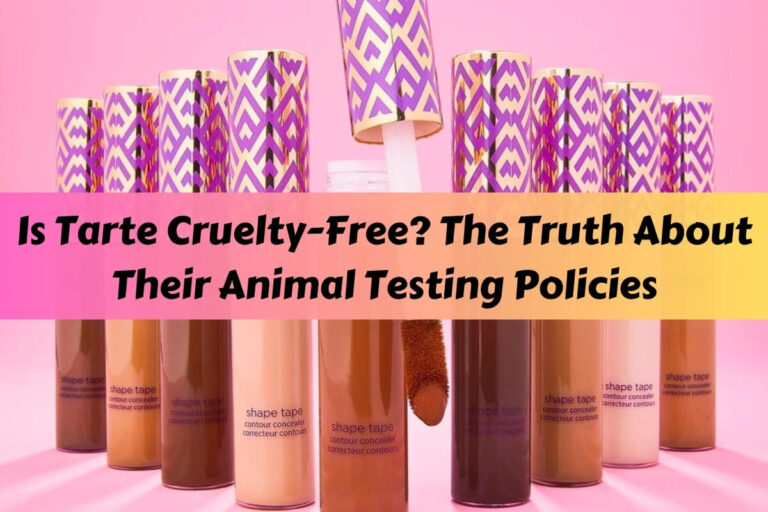Is Fenty Beauty Cruelty-Free? The Ultimate Guide
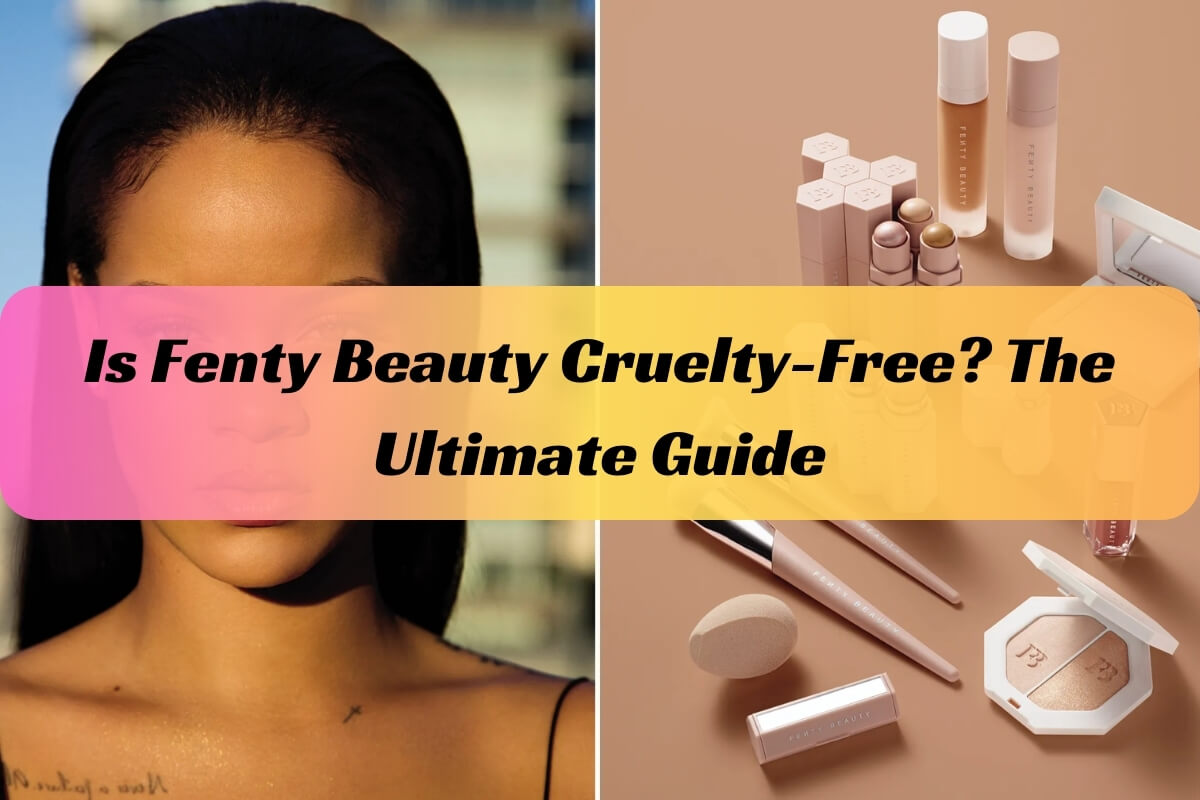
When it comes to makeup, many conscious consumers want to ensure the products they use are cruelty-free. But what does that mean exactly? And more importantly, is Fenty Beauty cruelty-free?
This guide explains Fenty Beauty’s policies and whether their cosmetics are cruelty-free. We’ll discuss what cruelty-free means, answer common questions about the brand’s ethics, and cover related topics like veganism and sustainability to help you decide if Fenty Beauty aligns with your values.
So, let’s begin by understanding what it means for a cosmetics brand to be truly cruelty-free.
What Does Cruelty-Free Mean?
The term “cruelty-free” refers to products that are made without any form of animal testing. This includes testing the finished products or individual ingredients on animals at any stage of development.
Historically, many cosmetics companies have relied on animal testing to assess the safety and efficacy of their products. However, due to increasing public awareness and advocacy for animal welfare, more and more brands are embracing cruelty-free practices.
Common animal tests in the cosmetics industry include skin and eye irritation tests, where substances are applied to the shaved skin or eyes of restrained rabbits or mice. Other tests may involve force-feeding animals with ingredients to examine potential toxic effects.
Fortunately, modern alternatives to animal testing, such as human cell-based models, computer simulations, and human clinical studies, are now widely available and considered more reliable and ethical.
Is Fenty Beauty Truly Cruelty-Free?
Now that we understand the meaning of cruelty-free, let’s examine Fenty Beauty’s official stance and policies.
Fenty’s Cruelty-Free Claims
According to Fenty Beauty’s website and statements, the brand does not test its products or ingredients on animals at any stage of production. Furthermore, they claim that their suppliers and any third-party companies involved in manufacturing also follow a strict no-animal-testing policy.
Fenty’s Animal Testing Policy
To ensure Fenty Beauty adheres to its cruelty-free commitment, let’s break down their animal testing policy:
Does Fenty Test on Animals? No, Fenty Beauty has explicitly stated that they do not conduct animal testing on their finished products or individual ingredients.
Are Suppliers Cruelty-Free? Yes, Fenty Beauty has confirmed that all their ingredient suppliers follow a no-animal-testing policy.
Third-Party Testing for Fenty? No, Fenty Beauty does not allow or commission any third-party companies to test their products or ingredients on animals.
Selling in China? Importantly, Fenty Beauty does not sell its products in physical stores in mainland China, where animal testing is currently required by law for most cosmetics. This is a crucial factor in maintaining their cruelty-free status.
While Fenty Beauty is not officially certified by organizations like Leaping Bunny or PETA, their comprehensive policies and statements suggest they meet the criteria to be considered a cruelty-free brand.
Fenty’s Parent Company and Animal Testing
Fenty Beauty is owned by LVMH, a large corporation. LVMH allows some brands to test on animals when required by law.
This means that while Fenty Beauty itself is cruelty-free, its parent company is not. Some consumers may choose to boycott Fenty Beauty based on this association, while others may support the brand as a cruelty-free option within the LVMH portfolio.
Buying from cruelty-free brands with non-cruelty-free parent companies is a personal choice. Consider independent, certified cruelty-free options like Kat Von D Beauty, Tarte, or Pacifica.
Is Fenty Beauty Vegan?
Another important consideration for ethical consumers is whether a brand is vegan, meaning it does not use any animal-derived ingredients in its products.
Fenty’s Vegan Claims
Fenty Beauty is not a fully vegan brand, as some of their products contain animal-derived ingredients like beeswax and lanolin. However, their Fenty Skin line is entirely vegan.
Vegan vs. Cruelty-Free
It’s crucial to understand the distinction between vegan and cruelty-free. While vegan products do not contain any animal-derived ingredients, cruelty-free products are simply not tested on animals during production or by suppliers.
A brand can be cruelty-free without being vegan, or vegan without being cruelty-free. Fenty Beauty falls into the former category – cruelty-free but not entirely vegan.
Animal-Derived Ingredients to Avoid
If you’re interested in following a vegan beauty routine, be on the lookout for common animal-derived ingredients like:
- Beeswax
- Lanolin
- Carmine
- Collagen
- Gelatin
- Squalene (from sharks)
Vegan Alternatives and Brands
Fortunately, there are many plant-based and synthetic alternatives to these ingredients, such as vegetable waxes, plant-derived squalane, and fruit-based pigments.
For entirely vegan makeup and skincare options, consider brands like Kat Von D Beauty, Tarte, and Pacifica, which are both cruelty-free and vegan.
Other Ethical Considerations
Beyond cruelty-free and vegan practices, conscious consumers may also value sustainability, ethical sourcing, and clean beauty standards when choosing cosmetics brands.
Sustainability Efforts
Fenty Beauty has stated its commitment to sustainability, though specific details on their initiatives are limited on their website. As a brand under the LVMH umbrella, Fenty likely adheres to the parent company’s sustainability goals and practices.
Ethical Mica Sourcing
Mica, a mineral used in many cosmetics for its shimmery effect, has been linked to unethical mining practices, including child labor. Fenty Beauty has confirmed that they source their mica from mines that comply with human rights and labor standards, prioritizing transparency in their supply chain.
Clean Beauty Standards
Fenty Beauty is considered a “clean beauty” brand, meaning it avoids ingredients deemed potentially harmful to human health or the environment, such as parabens, phthalates, and synthetic fragrances.
The term “clean” is not regulated, and brands may have different standards.
In the end, supporting ethical brands is a personal choice based on your values and priorities. Fenty Beauty’s cruelty-free status, combined with its efforts in sustainability, ethical sourcing, and clean formulations, may make it an appealing option for many conscious consumers.
Conclusion
So, is Fenty Beauty cruelty-free? Based on the brand’s comprehensive policies and statements, the answer is yes – Fenty Beauty does not test its products or ingredients on animals, nor are its suppliers or any third parties involved in production.
Fenty Beauty is owned by LVMH, a parent company that is not cruelty-free. Fenty Skin is vegan, but the makeup line contains some animal-derived ingredients, making it not a fully vegan brand.
The decision to support Fenty Beauty depends on your ethics and priorities. If animal welfare is your top concern, Fenty Beauty’s cruelty-free status may be enough. If you also prioritize veganism or independent brands, you may prefer other options.
No matter your choice, stay informed, do your research, and make conscious decisions that align with your values. Together, we can drive positive change in the cosmetics industry and beyond.
